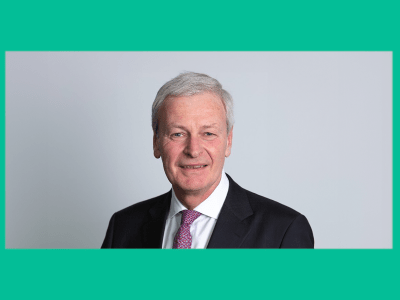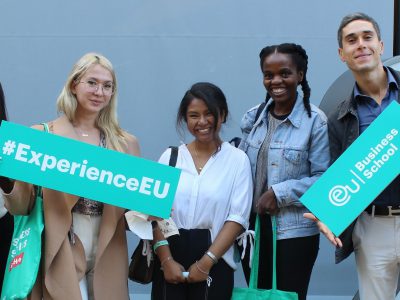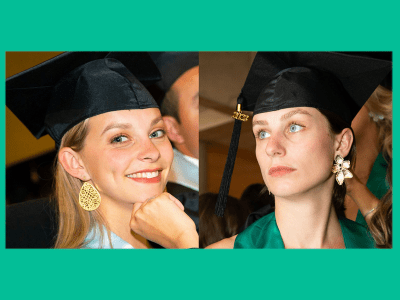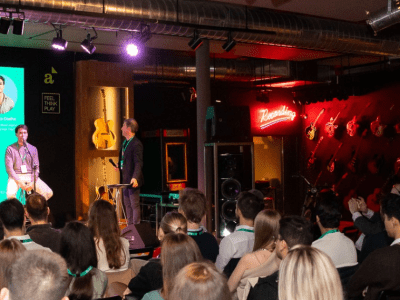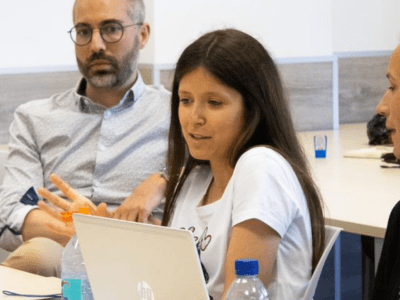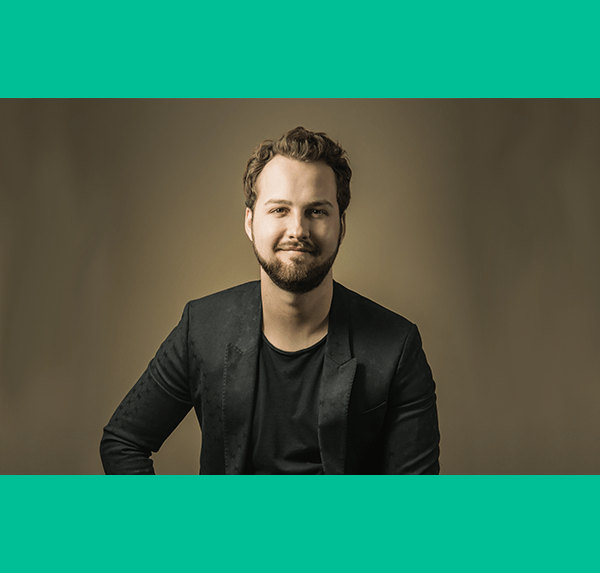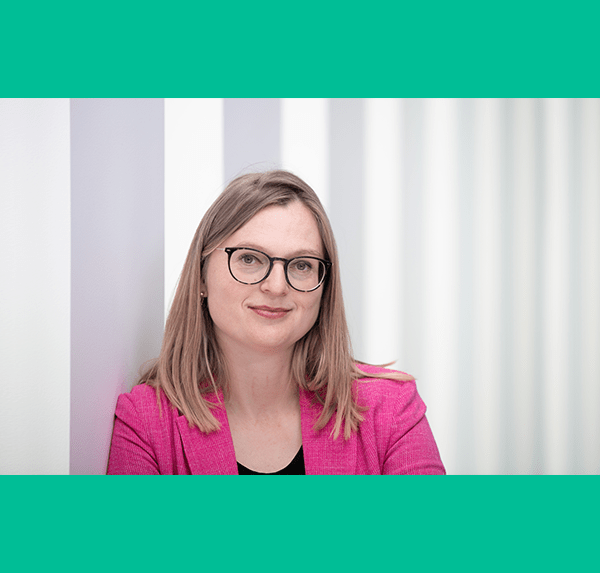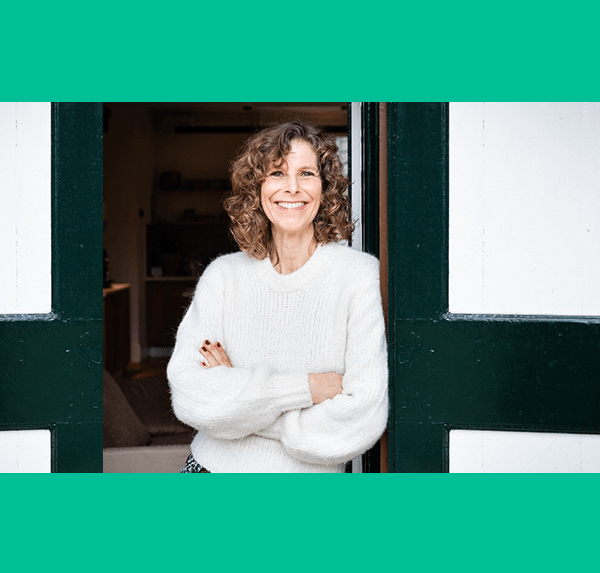EU Alumna, Aliona Reiso, on Recruitment and the Future of the Workplace
Aliona graduated with an MBA from EU Business School in 2015. Although originally from Belarus, Aliona is currently based in Norway, where she runs her own recruitment agency, ITEX Partners, works as Senior Talent Acquisition Consultant at Klarna, and partners with Work Life Group as an advisor.
As an expert in recruitment with a passion for agile, Aliona helps coordinate a lean and agile meet up as a side project. She speaks five languages and enjoys visiting friends abroad when she gets the opportunity.
We caught up with Aliona to learn about how the recruitment process has evolved since the pandemic and what it is really like to work with Gen Z!
Could you tell me about your career path?
I studied a bachelor in sports pedagogics in Belarus, but I was already involved in a lot of administrative activities and felt I needed a background which was connected to business administration. My dream was to study abroad to gain a wider perspective. So, I started looking for international programs in English and ended up studying a master’s at EU Business School, which I was able to complete in one year as I had previous experience as an executive assistant and customer service representative.
Once I graduated, I started looking for a job in Poland and joined some Google campus programs. I went to different events to see what the market was offering and attended interviews. I was interested in FinTech as services, but you were very much stuck in front of a computer. My other option was joining a digital marketing startup. The position was less customer service and more business development. I took a chance on it and joined James Cook Media. This environment helped me gain connections and learn more about the human aspect of business as I was also in charge of onboarding and some hiring. Then, a finance startup invited me to be one of the first people in their HR team. I took care of almost everything from hiring to payroll. This was an opportunity to identify the areas that I liked most about HR.
I later became pregnant but wanted to continue working. My way of doing that was to start my own company. I started receiving more work including hiring engineers, which was booming. It was interesting for me to switch my focus and hire for different companies, which led me to partner with Work Life Group. I relocated to Norway and continued working for my own business in partnership with different companies.
I’d say my interest has always revolved around leadership and company growth, so I joined some meetup events and was later invited as a speaker for a lean and agile leadership event. Being part of these activities was how Klarna reached out to me. Now, I’m less into agency hiring but more into organizational development and in-house recruitment.
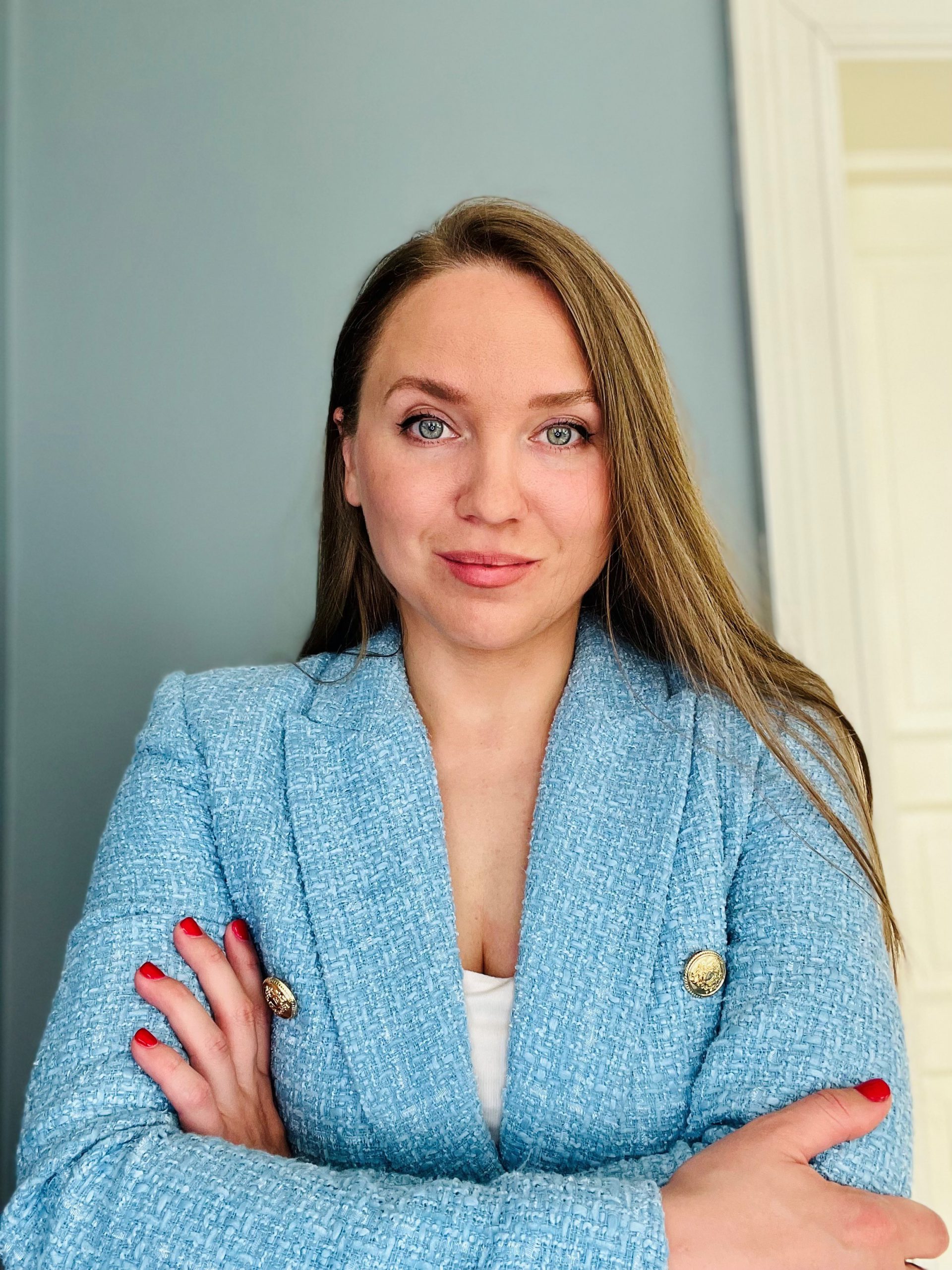

What inspired you to go into recruitment?
Working with people. I think uni and previous experience taught me my strengths and weaknesses. I like to understand the core of a business, the perspective and direction of leadership, and identify who we need in the team. I think this came to me naturally through my career journey.
How has the recruitment process developed since the pandemic?
Everything moved to digital and online. Before, we used to hire people from abroad and the company would pay for flights to attend interviews. Now, it’s no longer required. However, there is a big pain point with this as people who are not actively looking for a job just participate for the sake of it. Because it’s online, there’s much less commitment. We also see more cases of people using an offer as a bargaining chip for their current company. Rejected offers for 2021 skyrocketed and this is the new reality; we have to spend a lot of time on the process, especially when it comes to sourcing candidates.
Would you say people have a preference of working online?
It definitely depends on the person. But overall, yes, everyone wants to have flexibility. It’s been a tough decision for many companies, especially from the banking domain. They have been on the market for decades so it’s harder for them to change. But they had to totally shift because, if you weren’t offering remote work during COVID, no one would come to the office because people were concerned about their health and safety. Even today, people prefer having a hybrid model with an option to come to the office when they feel comfortable. But we also see people who have moved to smaller cities so, for them, even two days at the office is not an option.
What are companies doing to stand out in today’s job market?
A remote-working policy and the option to work from abroad for short periods. Some companies want to go back to the office, but it will probably never happen on a five-day-per-week basis. Now, the question is how many days a week. We have many people wanting to come to the office only once or twice a month. We have people who start working on a fully remote policy who say that if they need to go back to the office, they will have to find another job. This type of a trend will become more common now.
Also, workplace safety. Companies have started creating teams who take care of the safety of the office. They have to comply with a lot of regulations from the government. The policy in the office is that everyone feels secure.
How are employers trying to help the return to the workplace and how can they deal with resistance from employees?
It’s hard to deal with the resistance because now there are enough companies offering fully remote positions. So, the only way to get around it is flexible working hours. It is about trust and productivity.
Another plus would be new potential career moves within the organization. As retention is increasing, there are also new opportunities in the company for those who might be considering leaving.
Also, coaching programs. I know that some companies, especially since COVID and the war, are offering psychologists who can work with you through hard times.
Have you seen differences between working with Gen Z and previous generations?
Yes, and I would also say I see differences in management. Some more traditional management might find it difficult to work with this generation. Gen Z really know how to work, I personally like this generation. People used to prioritize money, the position and seniority. Now, they value transparency, the core of the business, and they want to see their impact on the world. I receive questions like, “What other activities is the company involved in?”. They want to know if they can participate in any activities on the side, like helping refugees or planting trees. So, companies should think beyond the concept of the business making money, but also what benefits it can bring to society. Gen Z want to be part of something that is important and valued. Once you give this to them, you have a great person working for you, who is also very tolerant of the company.
What do you think is the future of the workplace?
If there is no need to be fully in the office, there will be no obligation. Companies are moving toward transparency and there will be changes in flexible working hours. As people are not meeting face-to-face as much, employers will introduce support groups or mentorship programs so people don’t feel as lonely and have someone leading them through the process. There will also be more organized events, online and offline.
People will probably be meeting offline to set goals and think through strategic initiatives. Not everyone knows how to work well with others remotely because we have time-limited meetings so there is little chit chat and a lot of miscommunications in writing. Offsite meetings will probably focus on getting to know each other better. This is something we’re missing nowadays, plus strategic direction and planning.
What were the main skills or concepts you acquired at EU that have helped you in your career?
As a foreigner in an international environment, I was able to learn from different perspectives. Just the way people think, react, or even study is different. It was very good prep for going into an international company. There are also a lot of business cases that are very well aligned and relevant to this market.
You have a great community network and the option to study online was very rare at the time. Reflecting back, I think it was a great option for me, both economically and logistically.
Do you have any advice for students who will start working in HR and recruitment?
Nowadays, I see a lot of people wanting to work on diversity and inclusion projects. This is a new trend, and it’s really great because it brings transparency to the business. However, even though it’s good to focus on a particular area, also try to have a broader perspective because I believe that, in the future, we will need to adjust consistently to some normality. If you’re very focused on a specific area, it might be harder to find a job. So, at least be involved in other activities on the side.
We see internal moves happening very often and I believe that companies will start hiring in a different way. An example from Klarna is hiring for the pool; as we’re hiring so many people, we want to speak with a variety of strong profiles through a series of interviews. By the end of the process, we can see where we want to place a person according to their qualities and skills rather than just their knowledge and experience of a position.
Finally, I advise everyone to read about the 12 agile principles. It will give you an understanding of company leadership principles, values and what type of mindset every organization is looking for.



